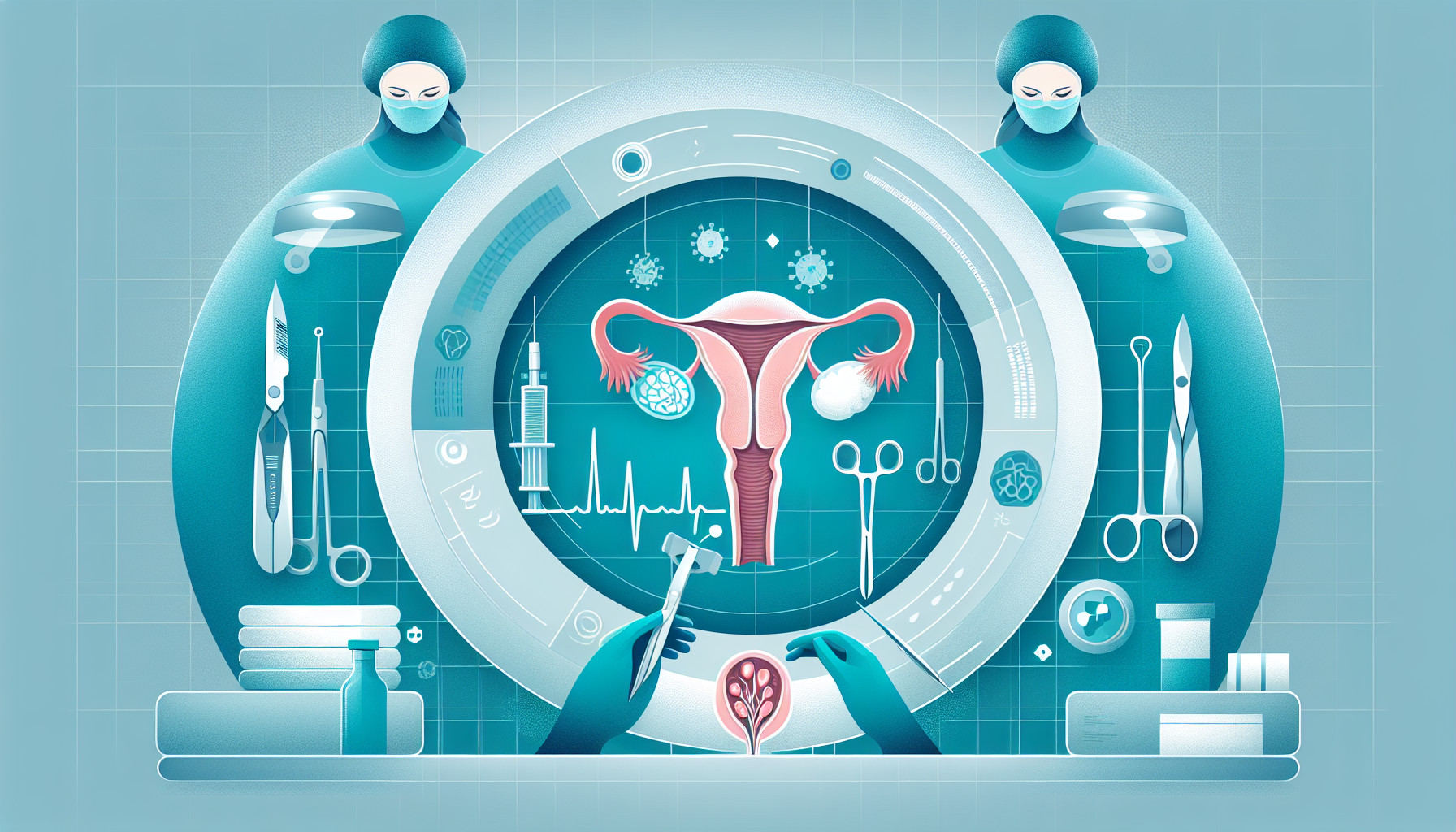Our Summary
This research paper is about a case of a 64-year-old woman in China who had a massive ovarian tumor, weighing 62 kg and containing 51 liters of fluid. This is the largest ovarian tumor ever reported in China. The woman had surgery to remove the tumor, but she faced serious health issues during and after the operation, including low blood pressure and respiratory failure. The researchers then reviewed other similar cases and concluded that the size or weight of the tumor didn’t necessarily cause these complications - instead, the patient’s age and the amount of fluid in the tumor might be the risk factors. They suggest that doctors should be aware of these risks when treating postmenopausal women with large ovarian tumors.
FAQs
- What were the serious health issues the woman faced during and after the ovarian tumor removal operation?
- What factors did the researchers conclude might be the risk factors for complications during and after ovarian tumor removal?
- Why should doctors be especially aware of these risks when treating postmenopausal women with large ovarian tumors?
Doctor’s Tip
A helpful tip a doctor might tell a patient about ovarian cyst removal is to follow post-operative care instructions carefully. This may include taking prescribed medications, avoiding strenuous activities, and attending follow-up appointments to monitor recovery. It is also important to report any unusual symptoms or complications to the doctor promptly. By following these guidelines, patients can help ensure a successful recovery and minimize the risk of post-operative complications.
Suitable For
Patients who are typically recommended for ovarian cyst removal include those who have:
- Persistent, large, or painful cysts that do not go away on their own
- Cysts that are causing symptoms such as pelvic pain, bloating, or difficulty urinating
- Cysts that are suspected to be cancerous or have a high risk of becoming cancerous
- Cysts that are interfering with the function of the ovary or surrounding organs
- Postmenopausal women with large ovarian tumors, as they may have a higher risk of complications during and after surgery
It is important for healthcare providers to carefully evaluate each patient’s individual case to determine the best course of treatment, which may include monitoring the cyst with regular ultrasounds, prescribing hormonal medications to shrink the cyst, or recommending surgical removal.
Timeline
- Before ovarian cyst removal:
- Patient may experience symptoms such as abdominal pain, bloating, and changes in menstrual cycle.
- Patient undergoes physical examination, ultrasound, and other imaging tests to diagnose the ovarian cyst.
- Patient may undergo blood tests to check for levels of certain hormones and markers that can indicate the presence of a cyst.
- Patient may be prescribed medications to manage symptoms or reduce the size of the cyst.
- Patient may undergo pre-operative preparations such as fasting and medication adjustments.
- After ovarian cyst removal:
- Patient undergoes surgery to remove the ovarian cyst, which may be performed laparoscopically or through an open procedure.
- Patient may experience pain and discomfort in the days following the surgery, which can be managed with pain medications.
- Patient may be discharged from the hospital within a few days after surgery, depending on the type of procedure and recovery progress.
- Patient may experience some bleeding or spotting for a few days after surgery.
- Patient is advised to follow up with their healthcare provider for post-operative care, including monitoring for any complications such as infection or recurrence of the cyst.
- Patient may be prescribed medications to manage pain, prevent infection, or regulate hormone levels.
- Patient may be advised to avoid strenuous activities and heavy lifting for a few weeks to allow for proper healing.
- Patient may undergo follow-up imaging tests to monitor for any recurrence of the cyst or other complications.
What to Ask Your Doctor
- What are the risks and potential complications associated with ovarian cyst removal surgery?
- What is the size and type of ovarian cyst that needs to be removed?
- What is the expected recovery time after the surgery?
- Will there be any long-term effects or complications following the removal of the ovarian cyst?
- What follow-up care or monitoring will be needed after the surgery?
- Are there any alternative treatment options available for the ovarian cyst?
- How experienced is the surgeon in performing ovarian cyst removal surgeries?
- What is the success rate of the surgery in removing the cyst completely?
- Are there any lifestyle changes or precautions that need to be taken after the surgery?
- How often should I schedule follow-up appointments to monitor my condition post-surgery?
Reference
Authors: Fu L, Ren F, Ma X, Xu X, Wang T, Li M, Guo Z. Journal: Menopause. 2022 Aug 1;29(8):993-998. doi: 10.1097/GME.0000000000002002. PMID: 35881943
